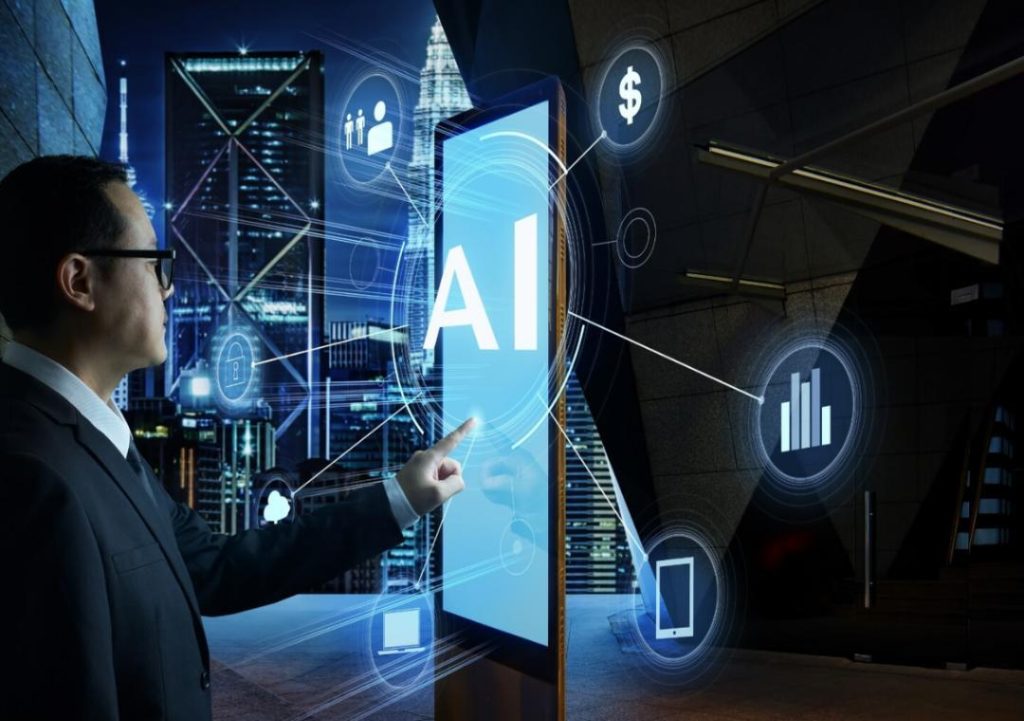
AI & ML now power over 77% of business processes
In today’s fast-paced digital landscape, the terms Artificial Intelligence (AI) and Machine Learning (ML) are no longer buzzwords or futuristic concepts. They are operational essentials, driving innovation and transformation across industries. According to recent statistics, over 77% of enterprises now leverage AI and ML to improve productivity, reduce costs, and personalise user experiences. This shift is not optional; it’s fundamental to staying competitive in a digital-first world.
What is AI and ML?
Before diving into the significance of AI and ML in business, let’s quickly define what they are. Artificial Intelligence refers to the development of computer systems that can perform tasks that typically require human intelligence, such as visual perception, speech recognition, and decision-making. Machine Learning, on the other hand, is a subset of AI that enables systems to learn from data without being explicitly programmed. This means that ML algorithms can identify patterns, make predictions, and improve over time based on new data.
How is AI and ML important?
So, why is AI and ML so crucial for businesses today? The answer lies in the benefits they offer. Here are a few examples:
- Automation: AI and ML can automate repetitive and mundane tasks, freeing up human resources to focus on more strategic and creative work. This is particularly evident in customer support, where chatbots and virtual assistants can handle routine inquiries and issue resolution.
- Real-time fraud detection: AI-powered systems can analyze vast amounts of data in real-time to detect suspicious patterns and prevent financial fraud. This is especially important in industries like banking and e-commerce, where security is paramount.
- Personalization: AI and ML can help businesses personalize user experiences by analyzing customer behavior, preferences, and demographics. This enables companies to offer targeted recommendations, offers, and content, increasing customer engagement and loyalty.
- Predictive analytics: By analyzing large datasets, ML algorithms can predict customer behavior, identify trends, and forecast future outcomes. This enables businesses to make informed decisions, optimize operations, and reduce risk.
- Cost reduction: AI and ML can help reduce costs by optimizing processes, streamlining operations, and improving efficiency. For example, AI-powered supply chain management can reduce inventory costs and improve delivery times.
How are businesses using AI and ML?
The adoption of AI and ML is widespread across industries, with companies using these technologies to drive innovation and growth. Here are a few examples:
- Customer service: Companies like IBM and Microsoft are using AI-powered chatbots to handle customer inquiries and resolve issues in real-time.
- Healthcare: AI-powered diagnostic tools are being used to analyze medical images, detect diseases, and improve patient outcomes.
- Finance: AI-powered trading platforms are being used to analyze market trends, predict outcomes, and make high-frequency trades.
- Marketing: AI-powered marketing platforms are being used to personalize customer experiences, optimize ad targeting, and improve campaign ROI.
- Manufacturing: AI-powered predictive maintenance is being used to detect equipment failures, optimize production schedules, and reduce downtime.
The future of AI and ML in business
As AI and ML continue to evolve, we can expect to see even more innovative applications across industries. Here are a few predictions:
- Increased adoption: AI and ML will become even more widespread, with more businesses adopting these technologies to stay competitive.
- Improved accuracy: ML algorithms will become even more accurate, enabling businesses to make more informed decisions and reduce errors.
- Increased transparency: AI and ML will become more transparent, with businesses providing greater insight into how these technologies are used and the data they collect.
- New job creation: AI and ML will create new job opportunities, particularly in areas like data science, machine learning engineering, and AI research.
Conclusion
In conclusion, AI and ML are no longer futuristic concepts; they are operational essentials, driving innovation and transformation across industries. With over 77% of enterprises already using these technologies, the shift is not optional; it’s fundamental to staying competitive in a digital-first world. As AI and ML continue to evolve, we can expect to see even more innovative applications and new job opportunities.






